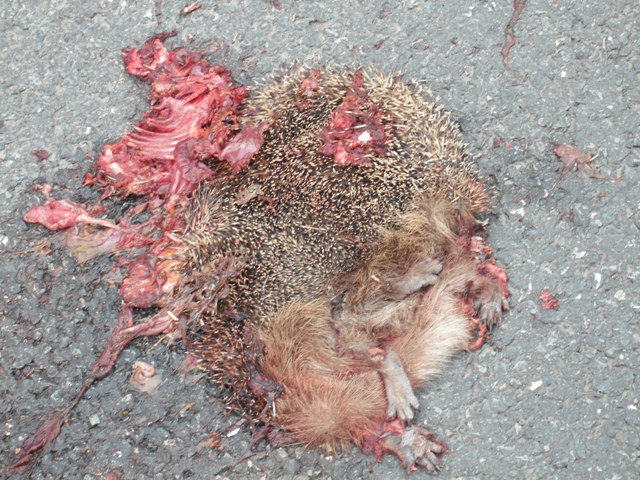Klaus Hart Brasilientexte
Aktuelle Berichte aus Brasilien – Politik, Kultur und Naturschutz
„The Rio+20 Fiasco“ – Brasiliens wichtigster Befreiungstheologe Frei Betto. „Das Abschlußdokument ist wertlos.“ Auslandspropaganda und Realität, bestätigte Voraussagen unabhängiger Fachleute. Wie heute „Demokratie“, der „demokratische“ Meinungsbildungsprozeß funktionieren.
THE RIO+20 FIASCO
The UN Conference for Sustainable Development ended in fiasco. US$150 million were spent to promote it. Money down the drain. It would have been better used towards for the preservation of forests.
The final document approved by 193 countries is worthless. Since no country, particularly the richer ones, wanted to commit to short term measures, the text suffered many cuts so as not to upset anyone but it upset Ban Ki-moon the UN Secretary General himself. The following day, under pressure from Brazil, he reconsidered. He denied what he had said and defended the document in which the suggestions of civil society were not considered.

Nothing concrete was decided, all commitments for sustainability were left for later… It was agreed that the Objectives for Sustainable Development would be defined next year and in 2014 the resolution as to where resources to finance it will come from. They should come into effect as from 2015.
The event was like a chronicle of an announced death. The leaders of the rich countries turned their backs on Rio+20. Obama did not come. He even had the nerve to send Hillary Clinton, his Secretary of State, on the last day, after everything had already been discussed and approved.
In an innocuous speech she announced that the USA will allot US$20 million for environmental protection in African countries. A paltry sum, considering that the USA, together with China, figure as the principal culprits in the degradation of nature.
What had advanced in Rio-92 regressed in Rio+20. In 1992 the Earth Charter and Agenda 21 were approved as well as three important conventions: biodiversity, desertification and climate change. Since then many countries have created ministries of the environment.
Enthusiasm lasted 10 years. In 2002 at the Johannesburg Conference, governments refused to account for what they had agreed in Rio. They had already seen that there is no compatibility between environmental preservation and the development model – predatory and exclusive – centred on private accumulation of capital. Thus we had 10 years (2002-2012) of poppycock.
Rio+20 proposed that governments, via G-77 (group of less developed countries) create a fund of US$30 billion to finance initiatives for sustainability in their own countries. The proposal was not approved. Nobody put their hands in their pockets. This just a week after the G-20 in Mexico setting aside US$456 billion to try and save the euro zone crisis.
There is no lack of money for saving banks. To save humanity and nature, not a penny. The world’s and money bosses live in the illusion that the space ship called Planet Earth possesses, like international flights, first class and executive class.
The fact is that governments, with rare exceptions, are not interested in investing in sustainability. It depends on middle and long term efforts. Governments seek results which will propagate in the next elections.
Sustainability is like sanitation. According to the Ministry for Cities 57% of the Brazilian population has no sewerage collection. As sewers run underground, our politicians turn their backs on them, interested only in what provides visibility.
Governments want development understood as the multiplication of capital. Not for the protection of biodiversity. They pretend they do not see that climatic change is the result of the degradation of biodiversity.
The voracity of capital won out at Rio+20. Today seven billion people survive consuming one and a half planets. Soon, they will reach two planets. As natural resources are limited, future generations run the serious risk of lacking essential goods such as water and food.
The rain that fell on Rio de Janeiro during the event were like tears from Gaia who had certainly hoped that Rio+20 would free her from the rape she suffers by those who only try and gain advantage from her and are indifferent to the rights of future generations.
It was worth being there and participating in the Peoples’ Summit where indigenous peoples mixed with environmentalists, young people and children, wanting to preserve at least the hope that it is worth struggling for another possible and sustainable world.
*Frei Betto is a writer, author of “A obra do Artista – uma visão holística do Universo” (The Work of the Artist – a holistic vision of the Universe) (José Olympio). www.freibetto.org <http://www.freibetto.org/> twitter: @freibetto.
ABOUT FREI BETTO
He is a Brazilian Dominican with an international reputation as a liberation theologian.
Within Brazil he is equally famous as a writer, with over 52 books to his name. In 1985 he won Brazil’s most important literary prize, the Jabuti, and was elected Intellectual of the Year by the members of the Brazilian Writers’ Union.
Frei Betto has always been active in Brazilian social movements, and has been an adviser to the Church’s ministry to workers in São Paulo’s industrial belt, to the Church base communities, and to the Landless Rural Workers’ Movement (MST).
« Brasiliens größtes Privatunternehmen ist jetzt der Bierproduzent AMBEV – Minenkonzern Vale abgehängt. Brasilien noch weit entfernt von Öl-Selbstversorgung. – Brasiliens Pflichtwahlen 2012 und die Herrschaft von paramilitärischen Milizen, organisiertem Verbrechen über Wahlbezirke. „Wählen unter der Herrschaft der Angst.“ O Globo zur Lage in der WM-und Olympia-Stadt Rio de Janeiro. Warum Brasiliens Demokratie-Version in Mitteleuropa soviele Sympathisanten hat »
Keine Kommentare
Noch keine Kommentare
Die Kommentarfunktion ist zur Zeit leider deaktiviert.
NEU: Fotoserie Gesichter Brasiliens
Links zum Thema Ukraine
Fotostrecken Wasserfälle Iguacu und Karneval 2008
interessante Links
Seiten
Ressorts
- Kultur (6.975)
- Naturschutz (1.101)
- Politik (12.729)
Suchen
RSS-Feeds
Verwaltung


